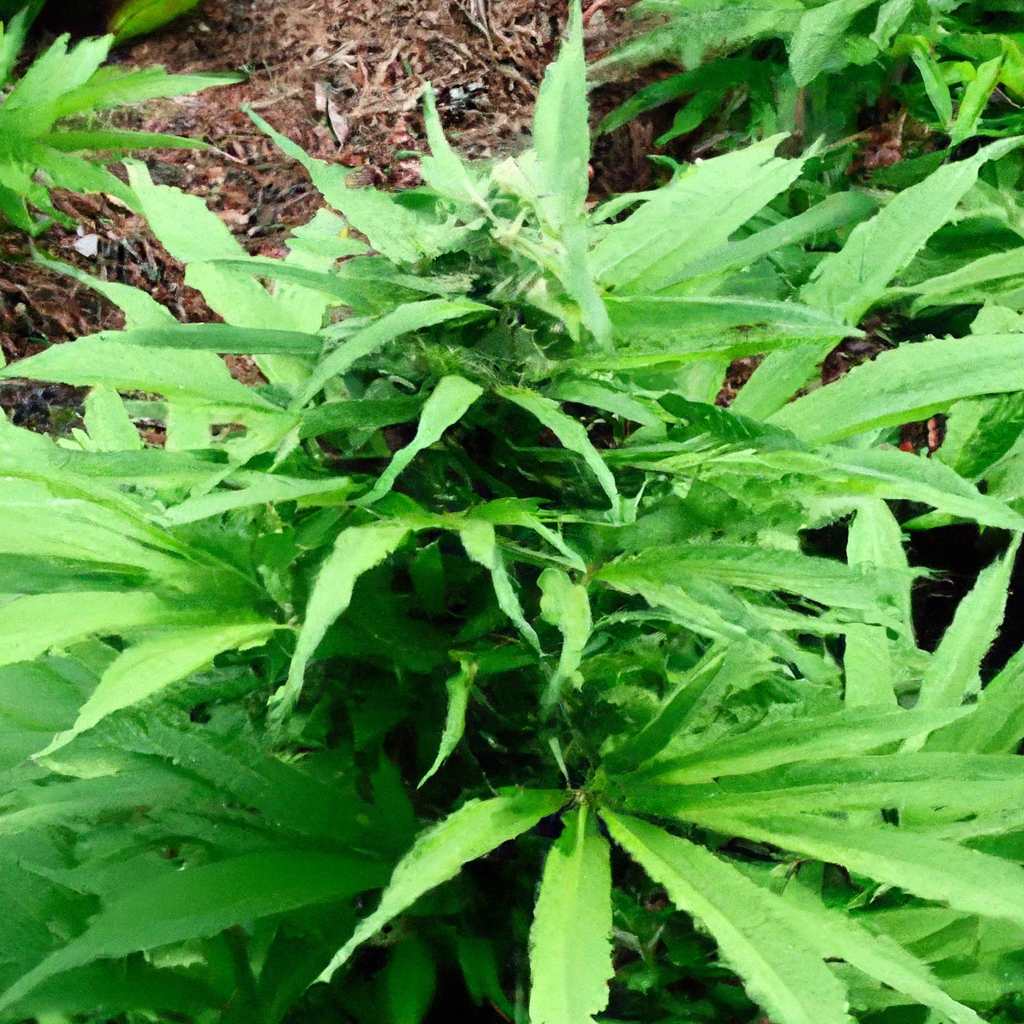Your cart is currently empty!
Organic cannabis cultivation is increasingly becoming the preferred method for both new and experienced growers seeking quality yields while advocating for environmental sustainability. By focusing on natural fertilizers, compost, and organic pest control, organic growers not only contribute to a healthier planet but also enjoy the benefits of producing purer, chemical-free cannabis. In this article, we explore best practices in organic cannabis cultivation along with the underlying principles that ensure effective and sustainable growing systems.
Understanding and Building Healthy Soil Ecosystems
Healthy soil is the cornerstone of successful organic cannabis cultivation. The soil is more than just a medium for plants; it is a living ecosystem filled with microbes, fungi, and other beneficial organisms that assist in nutrient absorption and pest control. Here’s how to nurture your soil:
- Composting: Integrate home-made compost to recycle nutrients and improve soil structure.
- Cover Cropping: Employ cover crops such as clover or alfalfa to enhance nitrogen levels, protect against erosion, and suppress weeds.
- Mulching: Apply an organic mulch layer to retain moisture, regulate temperature, and prevent weed growth.
Utilizing Natural Fertilizers
Natural fertilizers are pivotal to organic cultivation and can significantly enhance plant health and yield when applied correctly:
- Bone Meal: A natural source of phosphorus and calcium, promoting root development and flowering.
- Fish Emulsion: Provides a rapid energy boost with nitrogen, aiding in vigorous vegetative growth.
- Seaweed Extract: Offers micronutrients and hormones for enhanced resistance to stress and disease.
Organic Pest Control Techniques
Managing pests without synthetic chemicals is a key goal of organic growing. Using biologically and ecologically safe methods ensures longevity and sustainability:
- Beneficial Insects: Introduce ladybugs or predatory mites to naturally tackle aphids and spider mites.
- Neem Oil: An organic pest deterrent that interferes with pest hormones, preventing them from feeding and laying eggs.
- Diatomaceous Earth: A mineral-based powder that dehydrates and kills soft-bodied insects on contact.
Promoting Sustainable Growing Practices
Sustainability is essential to organic cannabis cultivation. By deploying responsible growing practices, you can ensure resource conservation:
- Water Conservation: Implement drip irrigation systems to minimize water usage efficiently.
- Energy Efficiency: Utilize LED grow lights to reduce energy consumption during indoor growing.
- Renewable Sources: Incorporate solar panels or wind energy to power your grow operation efficiently.
Conclusion
Transitioning to organic cannabis cultivation offers numerous benefits for both the grower and the environment. By cultivating healthy soil ecosystems, using natural fertilizers, and employing eco-friendly pest control methods, organic growers can produce more sustainable and higher-quality cannabis. These methods pave the way for a greener future, benefitting consumers with pure and potent cannabis. Embrace these practices and contribute positively to the environment while enjoying bountiful harvests.
Tags: Organic, Cannabis Cultivation, Natural Cultivation, OrganicGrowing, Pest Control
Discover more from Magic Clones
Subscribe to get the latest posts sent to your email.


Leave a Reply